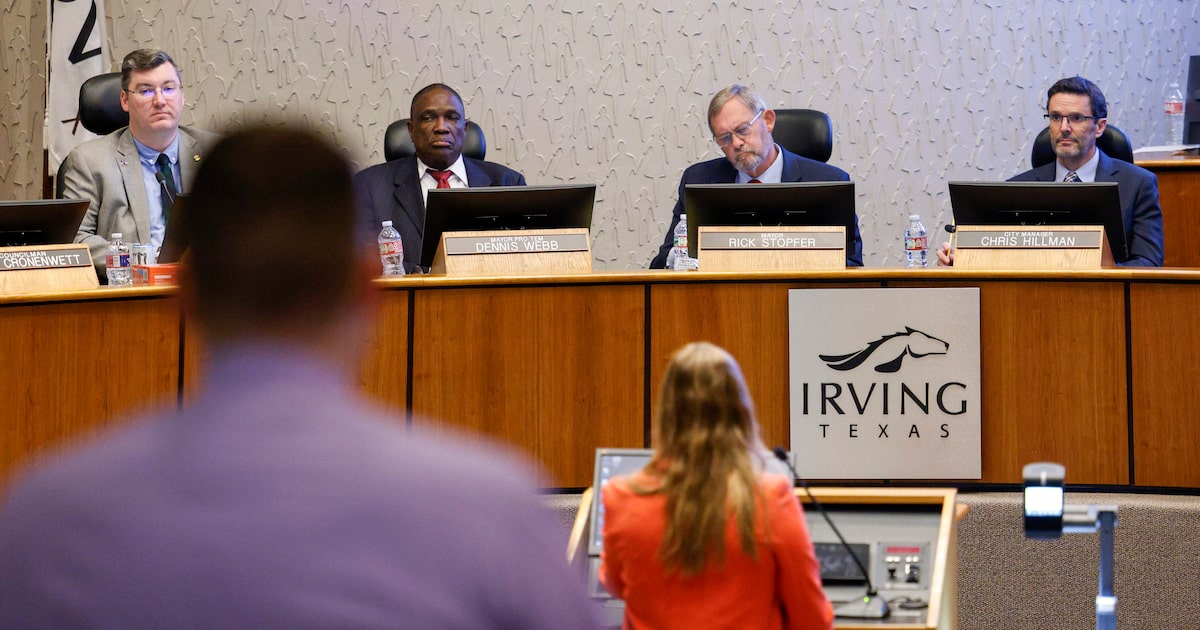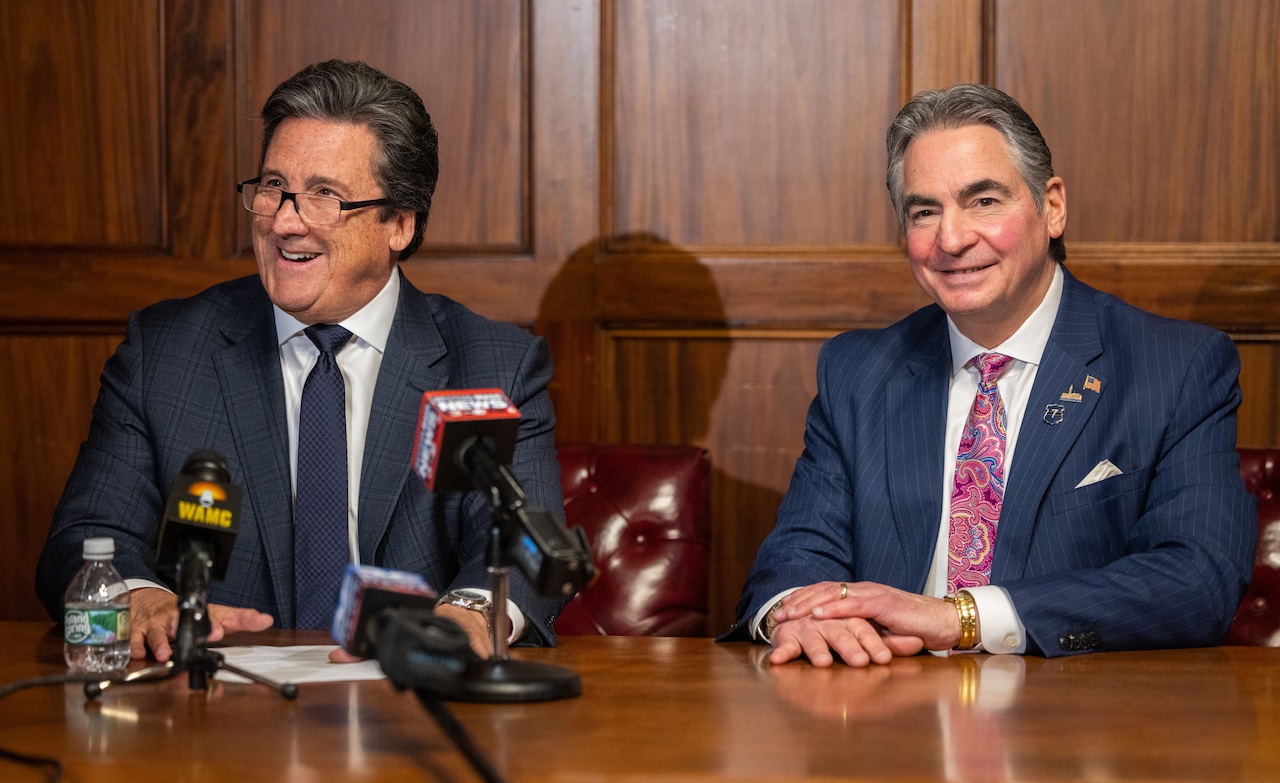Newsom’s office accuses the Interior Department of circumventing safeguards by using a statutory exception that is “unsupported by the record, dismissive of state sovereignty, and contrary to federal law.”
Opponents of the Koi Nation’s casino-resort project outside Windsor received a boost from a powerful ally Friday when the State of California and Gov. Gavin Newsom filed a federal lawsuit against the U.S. Department of the Interior.
The suit challenges the agency’s agreement to take land into trust for development of the gaming facility.
In its request for an injunction, Newsom’s office accuses the Interior Department of circumventing safeguards by using a statutory exception that is “unsupported by the record, dismissive of state sovereignty, and contrary to federal law.”
The filing builds on a similar suit filed by the Federated Indians of Graton Rancheria on Feb. 14. Three other Sonoma County tribes — Lytton Rancheria, Dry Creek Rancheria and Cloverdale Rancheria — filed a separate complaint on Feb. 24 seeking to block the development.
On Monday, Nina Coté, representing the grassroots organization Our Community Matters, filed a declaration in the Graton Rancheria case, supporting that tribe’s opposition to the project.
Coté’s declaration notes that under county zoning requirements, the Koi casino would be prohibited in its designated location. But if the land is taken into federal trust, local land restrictions will not apply.
“ (Our Community Matters) believes that the Project will be devastating to the character, public safety, environmental quality and fire evacuation risks of our quiet residential community,” Coté wrote. “The neighborhood surrounding the Shiloh Site consists of homes, elementary schools, parks, churches, and vineyards.”
The Town of Windsor and the Sonoma County Board of Supervisors have held closed session discussions about joining the list of litigants. So far, their opposition has remained verbal rather than legal.
The State of California’s complaint refers to the “two-part determination” used by the government in taking land into trust, a process that requires the Secretary of the Interior to consult with relevant tribal, state and local officials to determine that a casino site would not prove detrimental to the surrounding community.
“But the Secretary is not the sole decision maker on the matter,” California Attorney General Rob Bonta and his staff wrote. “If the relevant state’s Governor does not concur in that determination, the land will remain ineligible for gaming.”
Bonta accuses the Interior Department of circumventing this process.
“It did not undertake a two-part determination, or participate in the required intergovernmental consultation, instead the Interior unilaterally took the Shiloh Site into trust under a different provision of federal law — the ‘restored lands’ exception,” he wrote.
Project opponents have pinned their hopes on the change in presidential administrations. Deb Haaland, the Secretary of the Interior under President Joe Biden, approved a number of casino proposals in the final days of Biden’s administration. Since Donald Trump’s second inauguration in January, Koi foes have urged Trump’s new Interior Secretary, Doug Burgum, to reconsider those approvals.
That’s exactly what happened in late March when Burgum’s department wrote to another tribe with Lake County ties, the Scotts Valley Band of Pomo Indians, informing them that the federal agency was temporarily rescinding its gaming eligibility determination for a casino proposal in Solano County. Interior is now weighing its approval of that site.
Burgum is listed as a defendant in the state’s lawsuit, along with acting Assistant Secretary for Indian Affairs Scott Davis, Director of Indian Education Tony Dearman and Amy Dutschke, regional director of the Bureau of Indian Affairs.
The Koi Nation declined to comment on the newest challenge to their casino-resort, which calls for a 400-room hotel and a 530,000-square-foot gambling floor, with 2,750 gaming devices and more than 100 table games on 68 acres in the lightly developed Shiloh neighborhood.
The Federated Indians of Graton Rancheria, on the other hand, were quick to respond.
“We strongly support California Governor Gavin Newsom’s suit challenging the Interior Department’s rushed, illegal decision to rubber stamp the Koi Nation’s proposed casino on our sacred tribal lands,” Graton Chair Greg Sarris said in a statement. “Then-Secretary Haaland’s decision, handed down in the Biden administration’s final days, clearly violated the federal gaming and environmental laws, trampled our sovereign rights, and deprived the governor of his legal right to be consulted and to decide whether to concur with the proposal.”
Sarris emphasized what he framed as a consensus of opinion against the Koi casino, and a failure by the federal government to acknowledge it.
“Unelected Washington bureaucrats steamrolled this project to achieve a predetermined outcome,” Sarris said. “Governor Newsom has a sterling reputation in working with tribal nations in California, and we are thankful for his engagement on this.”
Critics such as Sarris have pointed to the Koi Nation’s ancestral roots on the shores of Clear Lake, arguing they lack strong ties to the Shiloh area, which is 30 miles removed. The Koi have countered that the casino site is along their traditional trading routes, and that they built strong ties to Sonoma County in the 20th century.
You can reach Phil Barber at 707-521-5263 or phil.barber@pressdemocrat.com. On X (Twitter) @Skinny_Post.





